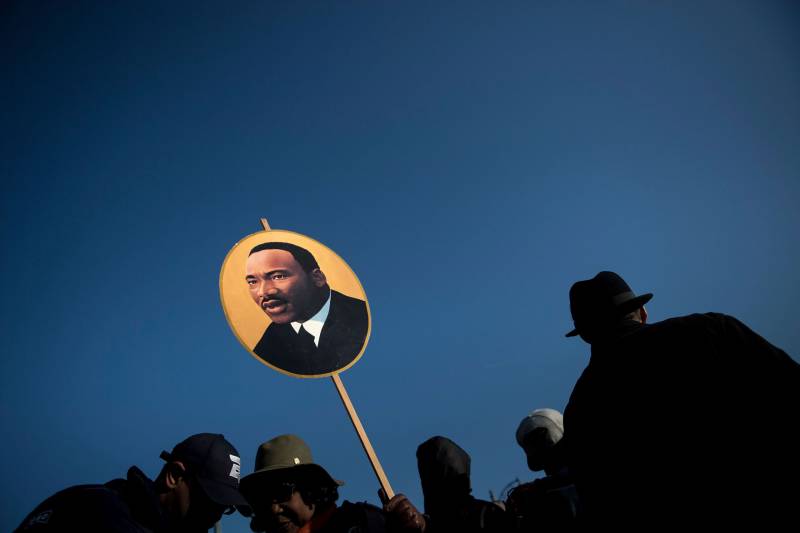Updated Jan. 17, 2025
Born in Atlanta on Jan. 15, 1929, Dr. Martin Luther King Jr. would have turned 96 on Monday.
Take this 10-question quiz to see how much you know about the civil rights icon and the movement he helped lead.
(Article continues below the quiz)
Most of us know at least a little something about the man: a brilliant Black civil rights leader who delivered the famous “I Have a Dream” speech and was assassinated for his efforts. City streets throughout the nation bear his name. A national holiday commemorates his achievements.
For most Americans, though, knowledge about King — and basic understanding of civil rights history overall — doesn’t extend much beyond that. The National Assessment of Educational Progress, for instance, reported that only 2% of high school seniors could correctly answer a basic question about the Supreme Court’s landmark Brown v. Board of Education case.
A 2011 study by the Southern Poverty Law Center (SPLC) looked at public K–12 education standards and curriculum requirements in every state, and found that 35 states — including California — failed to cover many of the core concepts of and details about the civil rights movement.
Sixteen of these states (including Iowa and New Hampshire) did not require any instruction about the movement.

